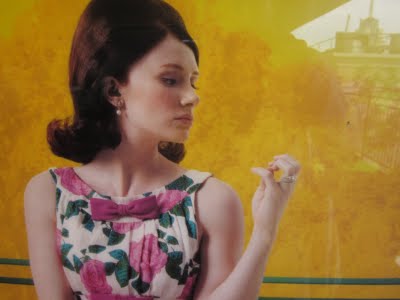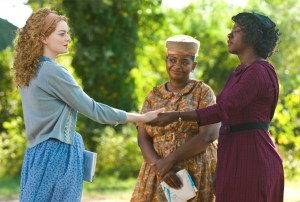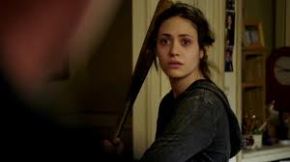Television dramas often kick off with a bang, and to hold their audience must keep that momentum going. Comedies, though, have an adjustment period. They’re allowed, and are even expected, to start off a little awkward. After the first few episodes, the cast starts to gel, the characters become more rooted to their setting, and the jokes have a bigger payoff. By mid-season, while dramas are often struggling to maintain the expectations of the pilot, a good comedy is hitting its groove.

So with that in mind, I kept tuning in to New Girl. At first, I wasn’t sure the whole Jess as ‘manic pixie dream girl’ thing, a term first given to Kirsten Dunst’s character in Elizabethtown, wasn’t kind of, well… grating. Because, unfortunately for the boys out there, manic pixie dream girl is a concept and not a reality. It’s an ideal of a woman that cannot really exist. It’s become a type of character that is used in rom-coms and dramadies to show that the male lead is actually in love with an idea and not a person. Eventually the guy realizes he doesn’t really know this person, not as she really is, and he gives up his obsession, opening himself up to the brainy, slightly intense, best friend/ neighbor/dog walker that has been in his life all along.
With New Girl being a straight up comedy, Zooey Deschanel not only had the challenge of making the manic pixie dream girl concept into something tangible, but she also had to do it in a genre in which it is inherently difficult to portray a complex character. Comedies often require their characters to play the fool; slapstick and crossed wires abound. What, in its beginning, came across as three male roommates having to deal with the manic pixie dream girl ideal in the flesh and discovering that the concept is much better than the reality, grew into a depiction of a young woman comfortable with who she is no matter how she is perceived. In a time where every woman seems to have the same caramel highlights, the same shade of fake tan and the same overly PC opinions, Jess went quickly from grating to refreshing as Deschanel brought her to life.

Somehow New Girl and Deschanel did the impossible; they redeemed the manic pixie dream girl.
Jess has her quirks and she’s perky, well, to a fault sometimes, but she admits that she’s not flawless, and she does so without apologizing for it. She treats life as if it is how she wants it to be, and when it proves over and over that it’s not, she fights back all the harder, never giving up. She doesn’t hide her goofy side, she doesn’t conform to what others, namely her roommates, want her to be, and she doesn’t hide who she is for anyone. Jess is happy with who she is and that’s just the way she is going to be, funny accents, goofy walks and all.
In fact, not only will Jess not cave to the pressure to conform, she’s bringing out the originality in those around her. As the quirks of her roommates emerge, they learn to accept themselves just as much as they are learning to accept (and love) Jess. It seems that this manic pixie dream girl has fairy dust that helps you to be who you are with no regrets.





